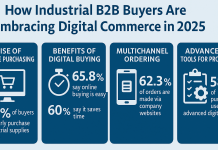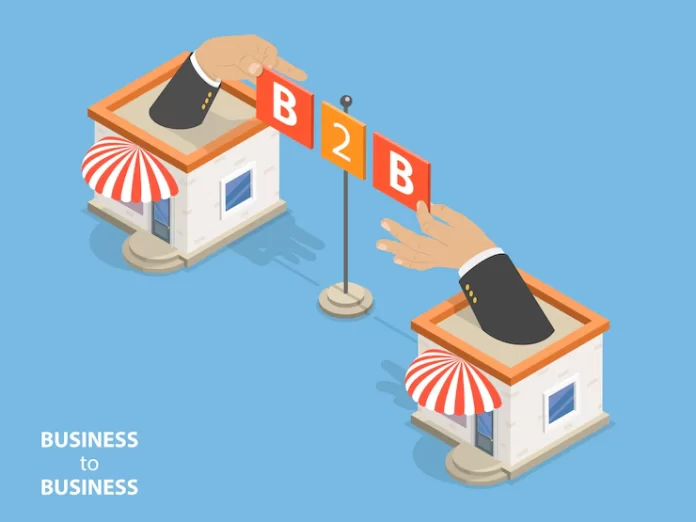Startups that enable consumers to access items from sellers on a single platform continue to draw venture money from investors. These startups address the operational and supply-chain difficulties faced by participants in the fast-moving consumer goods (FMCG) market.
One of Egypt’s leading companies, Cartona, has secured $12 million in Series A investment to digitize the conventional trading industry, which includes mom-and-pop shops, FMCG makers, wholesalers, and distributors. The SANAD Fund for MSME, an impact investing fund for the Middle East and North Africa, the Arab Bank Accelerator, and Sunny Side Ventures also participated in the round, which was headed by Jordan and the American early-stage venture capital company Silicon Badia.
Less than a year after taking part in the company’s $4.5 million pre-Series A investment last September, investors including Global Ventures and Kepple Ventures increased their stake. Cartona is presently found in eleven Egyptian cities, up from three at the time. According to a statement, the funding would enable the firm, which was founded in 2020, to expand its product, technology, and services, serve all of Egypt’s governorates, and investigate additional industry verticals outside FMCG.
Thus, we think that we might become profitable with the help of this funding. The only sustainable expansion will be accomplished with the help of this funding. According to CEO Mahmoud Talaat in an interview with TechCrunch, “We won’t expand like crazy until we have favorable unit economics in every location. We intend to cover every Egyptian city and pay special attention to technology and products.
Through an app that offers a communication tool for promotions and a dashboard for market information, Cartona’s platform enables customers to place inventory orders from a network of carefully selected vendors.
The business runs a market with few assets and doesn’t own any goods or vehicles. Customers have complained about this model on both sides of the platform. Talaat claimed that as a result, Cartona had to concentrate more on its technological integrations with significant manufacturers and their warehouses, which has increased the company’s potential for growth. He said that with these connections, Cartona could scale its embedded finance offering while pursuing capital efficiency and growth.












